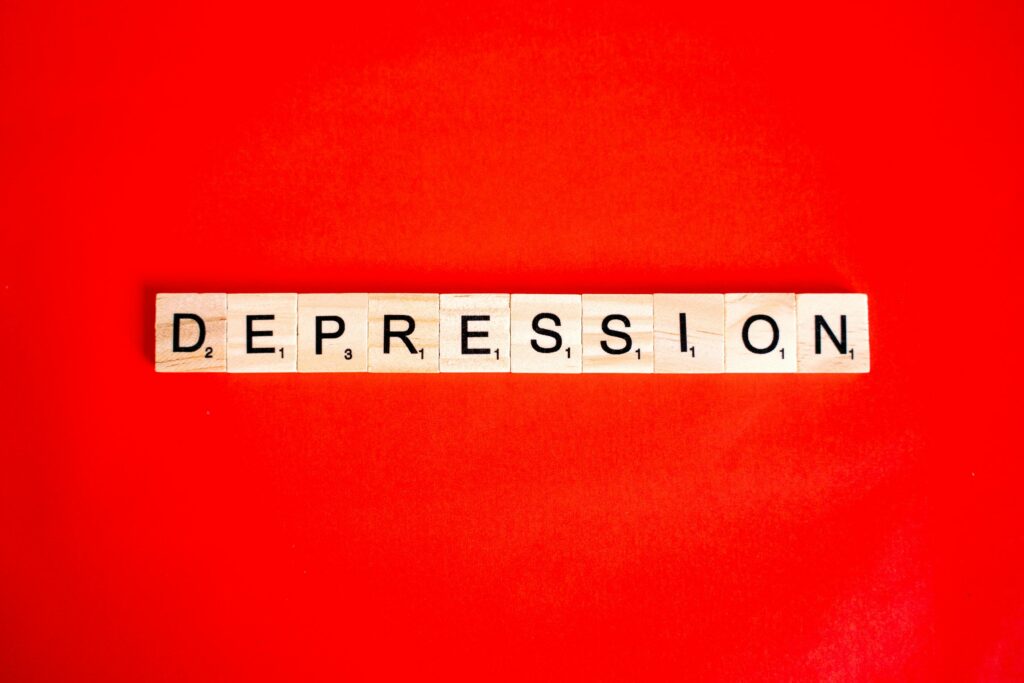Depression, a complex and often misunderstood mental health condition, affects millions of individuals worldwide. Navigating the shadows of depression can be a daunting journey, but understanding its nature and seeking support are crucial steps toward healing. In this article, we’ll explore practical strategies and insights to help those dealing with depression find solace, hope, and the support they need.

Understanding Depression:
Depression is more than just feeling sad; it’s a pervasive and persistent mood disorder that can impact various aspects of life, including emotions, thoughts, and physical well-being. Common symptoms include persistent sadness, loss of interest or pleasure, changes in appetite or sleep patterns, fatigue, and feelings of worthlessness.
Seeking Professional Help:
The first and most important step in dealing with depression is seeking professional help. Mental health professionals, such as therapists, psychologists, or psychiatrists, can provide the necessary guidance, support, and treatment options tailored to your specific needs. Therapy, medication, or a combination of both may be recommended depending on the severity of the depression.
Building a Support System:
Isolation often accompanies depression, making it crucial to build a supportive network. Share your feelings with trusted friends, family members, or support groups. A strong support system can provide understanding, encouragement, and a sense of connection during challenging times.

Self-Care and Lifestyle Changes:
1. **Establish Routine:** Depression often disrupts daily routines. Establishing a regular schedule can provide structure and stability, helping to manage symptoms.
2. **Prioritize Physical Health:** Engage in regular exercise, maintain a balanced diet, and ensure adequate sleep. Physical well-being is closely linked to mental health, and small lifestyle changes can have a positive impact on mood.
3. **Set Realistic Goals:** Break down tasks into smaller, manageable goals. Celebrate achievements, no matter how small, and avoid self-criticism for perceived shortcomings.
4. **Mindfulness and Relaxation Techniques:** Incorporate mindfulness meditation, deep breathing exercises, or yoga into your routine. These practices can help reduce stress and promote a sense of calm.

Cognitive Behavioral Techniques:
1. **Challenge Negative Thoughts:** Depression often involves distorted thinking patterns. Challenge negative thoughts by examining evidence and considering alternative, more balanced perspectives.
2. **Practice Self-Compassion:** Treat yourself with the same kindness and understanding you would offer to a friend. Acknowledge that it’s okay to struggle and that seeking help is a sign of strength.

Cultivating Meaningful Activities:
Engage in activities that bring joy, purpose, and a sense of accomplishment. Whether it’s pursuing a hobby, volunteering, or spending time in nature, finding moments of fulfillment can contribute positively to your mental health.
Dealing with depression is a courageous journey that requires time, patience, and support. Seeking professional help, building a support system, practicing self-care, and incorporating positive lifestyle changes are essential steps toward healing. Remember, you are not alone, and recovery is possible. Reach out, take small steps, and be gentle with yourself as you navigate the path toward a brighter, more resilient future.
Follow Us On Social Media!




